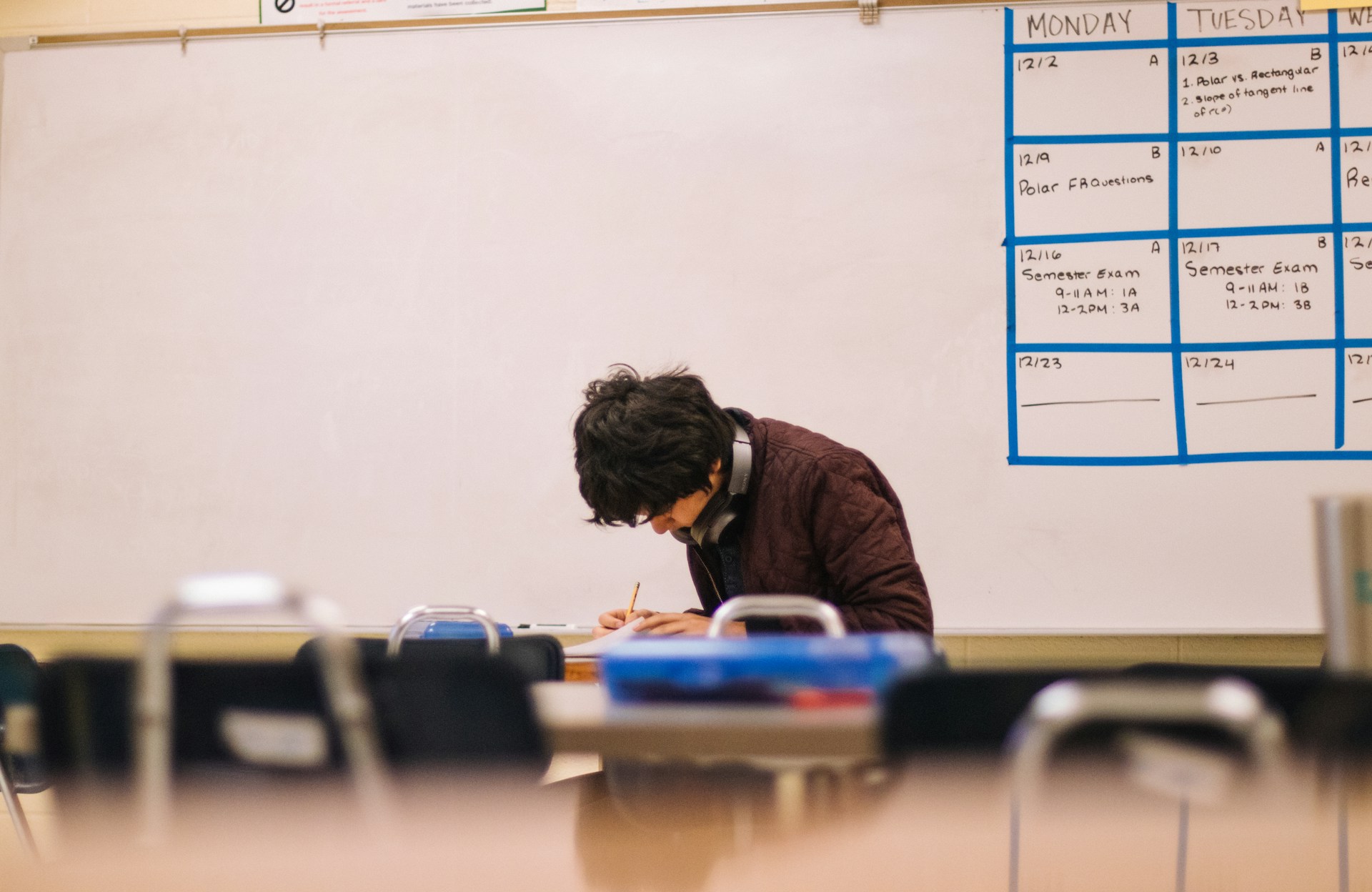Expert Reaction
These comments have been collated by the Science Media Centre to provide a variety of expert perspectives on this issue. Feel free to use these quotes in your stories. Views expressed are the personal opinions of the experts named. They do not represent the views of the SMC or any other organisation unless specifically stated.
Dr Rajesh Ram, Lecturer, Manukau Institute of Technology, comments:
This paper highlights an important area of educational research by exploring the lived experiences of former students who attended a second chance education (SCE) school in New Zealand. The study provides valuable insights into how alternative educational models, like School A, offer transformative experiences for students who felt marginalized or invisible within the mainstream education system. By drawing on qualitative methods, the research sheds light on how sociocultural and socioeconomic factors contributed to students' disengagement and how specific practices at School A reengaged disengaged youth.
"The study is a strong reminder of the need for teachers, teacher educators and school administrators to consider the role of cultural capital and how a lack of it can influence engagement in individuals in public schools. Simultaneously, this study sheds light on how when given a second chance at completing their secondary school education in a supportive environment, young people have a remarkable ability to change their lives in a short two to three-year period.



 New Zealand
New Zealand


